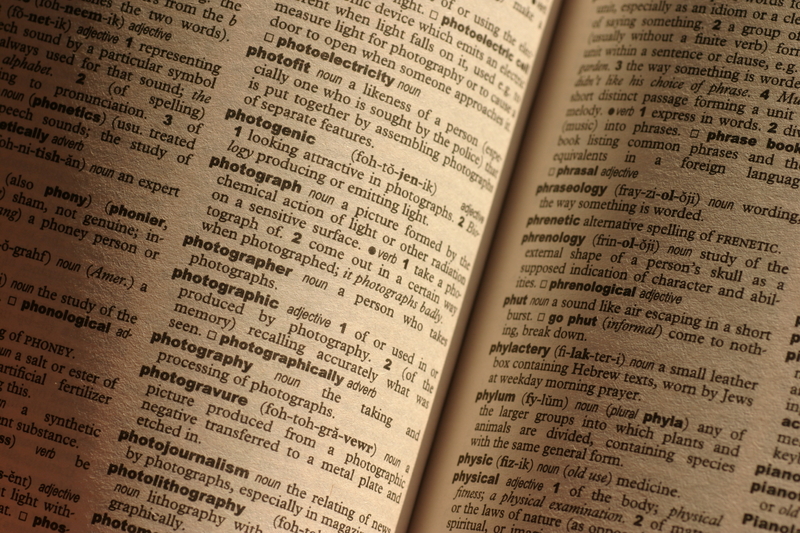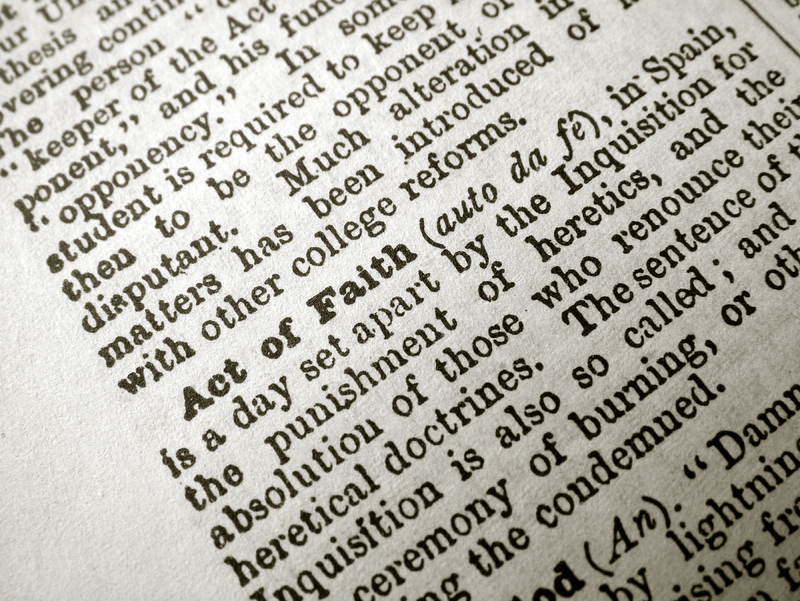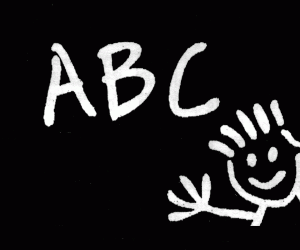“Dare” is a very common verb in the Italian language and means “to give”. In this article we are going to examine how this verb and its synonyms are used in Italian. It is important to note that “dare”, like “andare” and “stare”, is an irregular verb, which means that it is not conjugated in the same way as a regular verb is. With irregular verbs in Italian there may be a different ending or a different stem of the word. “Dare” can also mean to pay, charge, give up, let have or hand over. It can be both a transitive verb and an intransitive verb (does not identify a direct object), in which case it must be conjugated using “avere” (an auxiliary verb). “Avere” means “to have”.
Here are some examples of the way “dare” can be used:
Dare la mano (means to give someone your hand) = porgere la….
Dare un fiore (give a flower) = donare…..
Dare dei soldi (give money) = regalare….(gift)
Dare una lezione (teach a lesson) = impartire (impart)
Dare del denaro (give money) = pagare un debito (pay a debt)
Saldare una fattura (pay an invoice)
Versare in banca (deposit at the bank)
Dare…
…una malattia = trasmettere (get someone sick = transmit)
…fuoco = appiccare – incendiare (give fire = light)
…acqua = spargerla, versarla (give water = scatter, pour)
…aria = arieggiare (give air = aerate)
…fuori di testa = impazzire (go out of your mind = crazy)
…l’esempio = impartire (set an example = teach)
…coraggio = incoraggiare (give courage = encourage)
…l’assalto = assalire (give an assault = attack)
…alla testa = stordire (hit in the head = disorient)
…tempo al tempo = prenderla con calma (give things time = react calmly)
…di spada = colpire (give the sword = strike)
Dare can be an indicative, subjunctive/congiuntivo, conditional, imperative, and infinitive verb. Some examples are as follows:
Dare – Indicative
Includes presente, passato prossimo, imperfetto, trapassato prossimo, passato remoto, trapassato remoto, futuro semplice and future anteriore conjugations. We have included some conjugation examples below as an illustration of how the word “dare” changes depending on how it is conjugated.
Presente: io (I) = do
tu (you) = dai
lui, lei, Lei (he/she) = dà
noi (us) = diamo
voi (you, plural) = date
loro/Loro (they) = danno
Passato Prossimo: io ho dato; tu hai dato; lui/lei/Lei ha dato; noi abbiamo dato; voi avete dato; loro/Loro hanno dato
Imperfetto: Io davo, tu davi, lu/lei/Lei dava, noi davamo, voi davate, loro/Loro davano
Traspassato Prossimo: io avevo dato, tu avevi dato, lui/lei/Lei aveva dato, noi avevamo dato, voi avevate dato, loro/Loro avevano dato
Dare – Subjunctive
Presente: io dia, tu dia, lui/lei/Lei dia, noi diamo, voi diate, loro/Loro diano
Passato: io abbia dato, tu abbia dato, lui/lei/Lei abbia dato, noi abbiamo dato, voi abbiate dato, loro/Loro abbiano dato
Imperfetto: io dessi, tu dessi, lui/lei/Lei desse, noi dessimo, voi deste, loro/Loro dessero
Trapassato: io avessi dato, tu avessi dato, lui/lei/Lei avesse dato, noi avessimo dato, voi aveste dato, loro/Loro avessero dato
Dare – Conditional
Presente: io darei, tu daresti, lui/lei/Lei darebbe, noi daremmo, voi dareste, loro/Loro darebbero
Passato: io avrei dato, tu avresti dato, lui/lei/Lei avrebbe dato, noi avremmo dato, voi avreste dato, loro/Loro avrebbero dato
Dare – Imperative
dà, da, da’, dia, diamo, date, diano
Dare – Infinitive
Present = Dare
Past = Avere dato
Dare in Everyday Speech – Idioms
Dare ai nervi = Get on someone’s nerves
Dare una mano = Lend a hand
Dare del suo = Give your share
Dare la camicia = Give the shirt off your back/Give everything you have
Dare a Cesare ciò che è di Cesare = Give to Caesar what belongs to Caesar
Darsi la zappa sui piedi = Shoot yourself in the foot
Darsi pena = Worry yourself
Dare la testa nel muro = Hit your head against the wall
Exercise:
Choose the correct meaning of the sentence in italics.
1. Elena si da delle arie per il suo nuovo vestito
a) Elena è felice perché ha un vestito nuovo
b) Elena si vanta di avere un vestito nuovo
c) Elena vuole un vestito nuovo
2. Carlo non darti per vinto se non passi l’esame!
a) Carlo non ti scoraggiare se non passi l’esame
b) Carlo dovresti essere allegro se non passi l’esame
c) Carlo vai a festeggiare se non passi l’esame.
3. Il dottore mi ha dato delle medicine per il raffreddore.
a) Il dottore mi ha regalato delle medicine
b) Il dottore mi ha somministrato delle medicine
c) Il dottore mi ha consigliato delle medicine
4. Il wisky mi dà alla testa se lo bevo di mattina.
a) Il wisky mi rallegra se lo bevo alla mattina
b) Il wisky mi fa venire mal di testa
c) Il wisky mi stordisce
Answers are at the page “Gerund Tense“.
Here are the answers to the exercise on “Gerund Tense“.
stai lavando, si sta divertendo, stava facendo, stanno parlando, sto partendo.
By Elisa Bressan





















